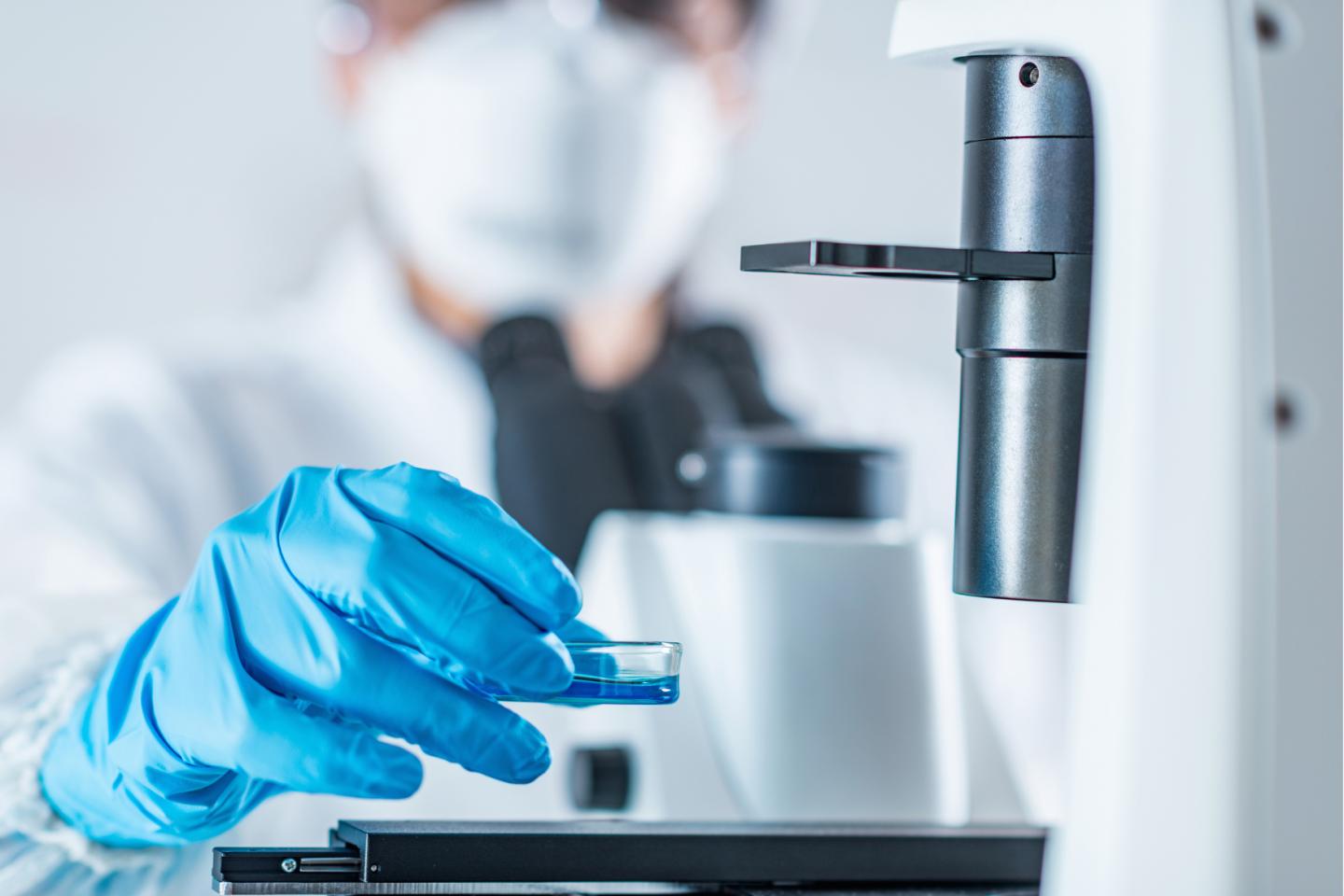AI in Biotech
One of the most pressing questions when it comes to Covid-19, from all corners, is when a vaccine might be developed. Many of us were shocked to hear that it could take a year or more – highlighting our woeful lack of knowledge on the subject (at least the government know what they’re d… never mind).
However, that timescale will almost certainly be shortened next time we (as a species!) have to deal with such a pandemic, due to burgeoning advancements in the field of Artificial Intelligence. AI already has a significant role to play in modern-day medicine. It is used predominantly to screen for unknown diseases in patients, particularly cardiovascular diseases that lead to strokes and heart attacks.
In 2019, AI was also used to predict kidney injury in patients up to two days before it occurred, although not with the precision required for a universal roll-out of the technology. An interesting ethical question arose as a result of this, because it required 1.6m identifiable medical records to be fed into the DeepMind AI, which was done so by the NHS illegally. As you can imagine, data protection is a recurring dilemma when the worlds of AI and medicine collide.
AI even had a role to play in the discovery of COVID-19, when BlueDot (an infectious disease-focused platform) detected a cluster of “unusual pneumonia” cases happening around a market in Wuhan, China—a full 9 days before the first WHO statement on the virus. But while these types of technology are useful – very useful – for screening purposes, diagnosing or even predicting the spread of a disease, it does little to help those who have it already.
This is in contrast to the AI platform CRyPTIC from the University of Oxford which helps patients with tuberculosis, a disease that attacks the lungs and causes respiratory failure. (Sound familiar?) Finding out which precise cocktail of drugs to give the newly diagnosed often takes months, but CRyPTIC’s AI is looking to cut that time down to days or even minutes, through spit sample analysis.
Again, though, this technology was deployed after-the-fact. As one Abraham Heifets said of AI in medicine, “it’s insufficient to predict yesterday’s weather. You have to predict tomorrow's weather, and get it right over and over and over again.”
Big words, Abe! What exactly are you doing to help AI discover new drugs?
As it turns out, he invented Atomwise which utilizes AI to design new molecules for experimental drugs. Using the same AI technology that recognises faces, Atomwise gathers insight from millions of protein structures to help scientists discover and refine new medication, with far greater precision and accuracy than any process before it.
Cheers Abe, I retract my previous statement.
Because so much of drug discovery is essentially trial-and-error, with a clinical trial success rate of just 14%, it makes sense that AI is being harboured by scientists to improve their hit rate, improve optimization processes, increase accessibility to their data library and even suggest chemical modifications.
But are we at the stage where AI can autonomously get to work on drug discovery, without human input?
Not yet.
However, the trends alone indicate the industry’s confidence in its ability to.
The projected market volume in 2024 for AI-driven solutions in early drug discovery was $10B, and the NHS received £250m from the government to build up its own AI capacities in 2019. Both these figures will almost certainly increase given… you know… everything…
So, if COVID-19 had been kind enough to invite itself into our lives ten years from now, we might have had the tools to squish it more effectively. As it is, at least we can today say with some certainty that this won’t be an area lacking in funding between now and then.
If your company lies within the health and biotech space and you’re keen to build out your finance team, don’t hesitate to get in touch with Jamie ([email protected]) for expert support.
